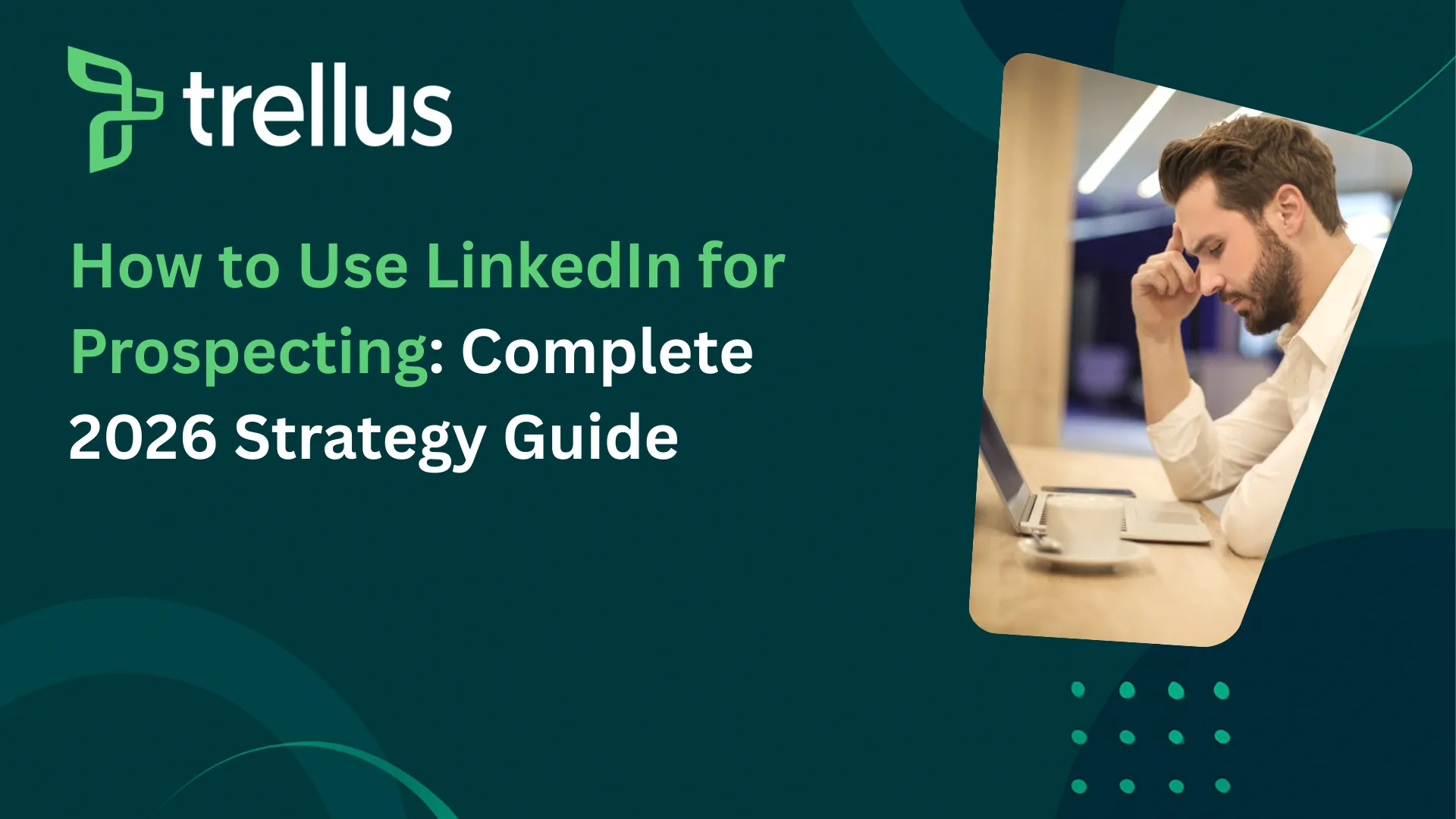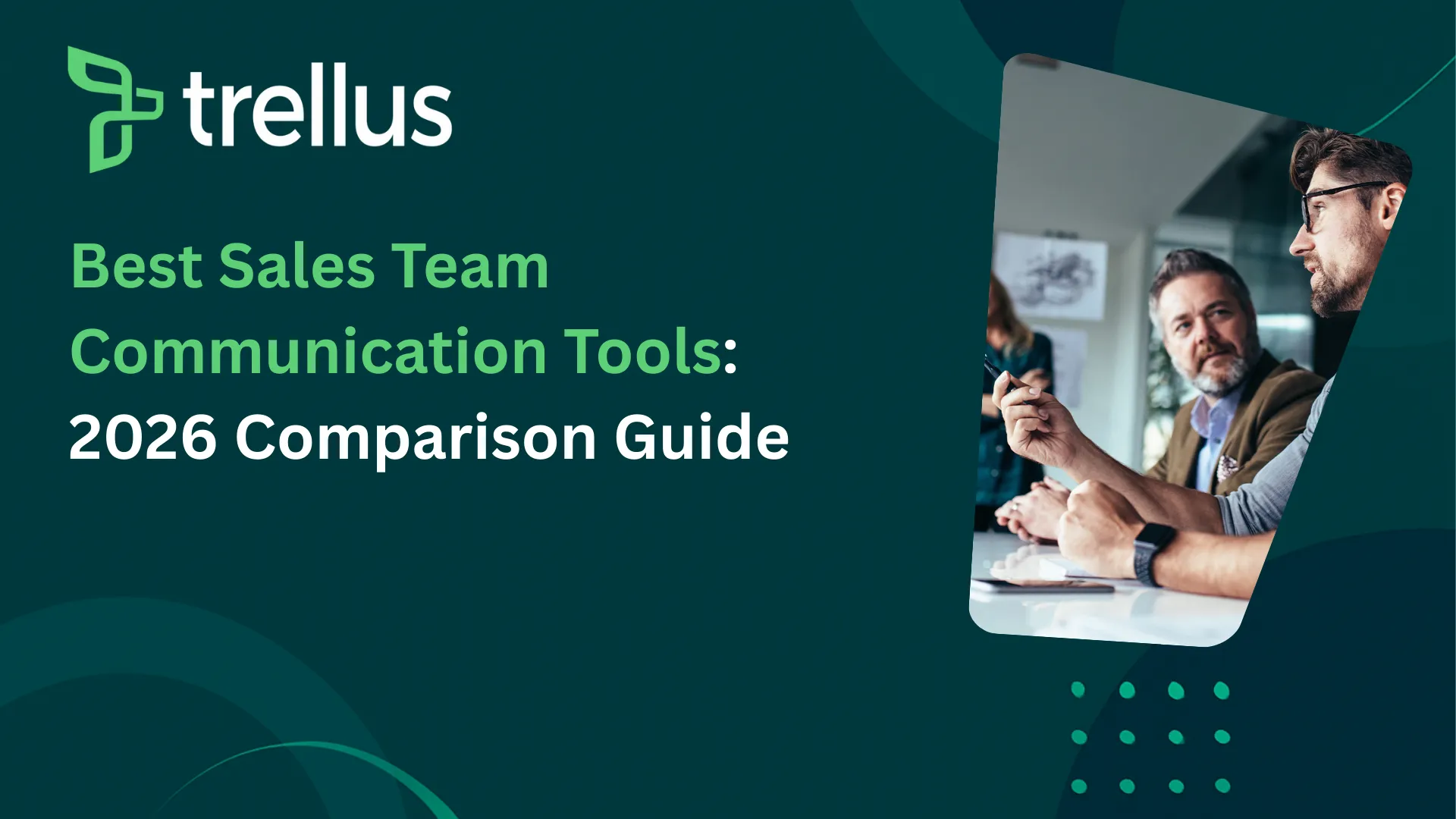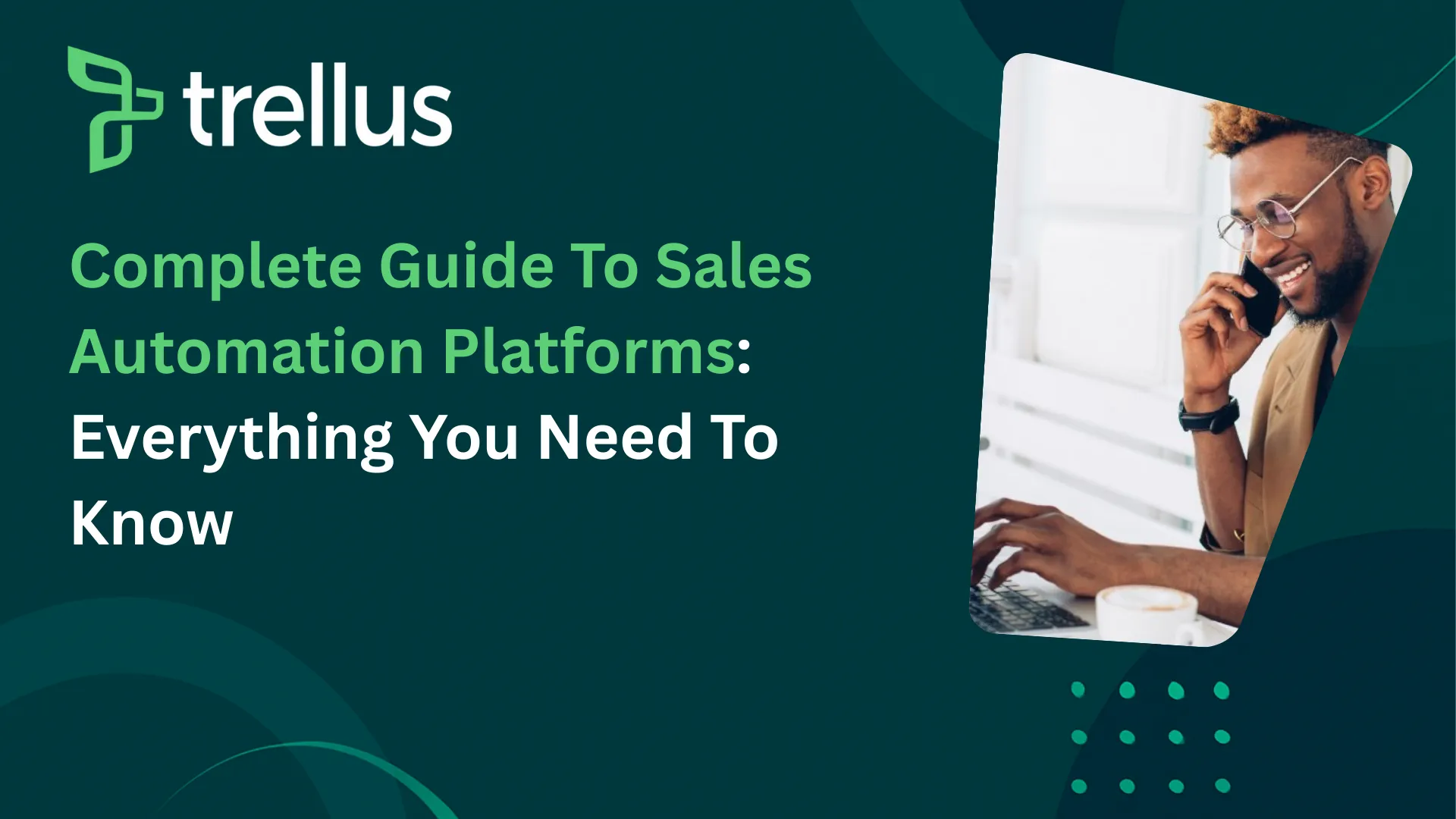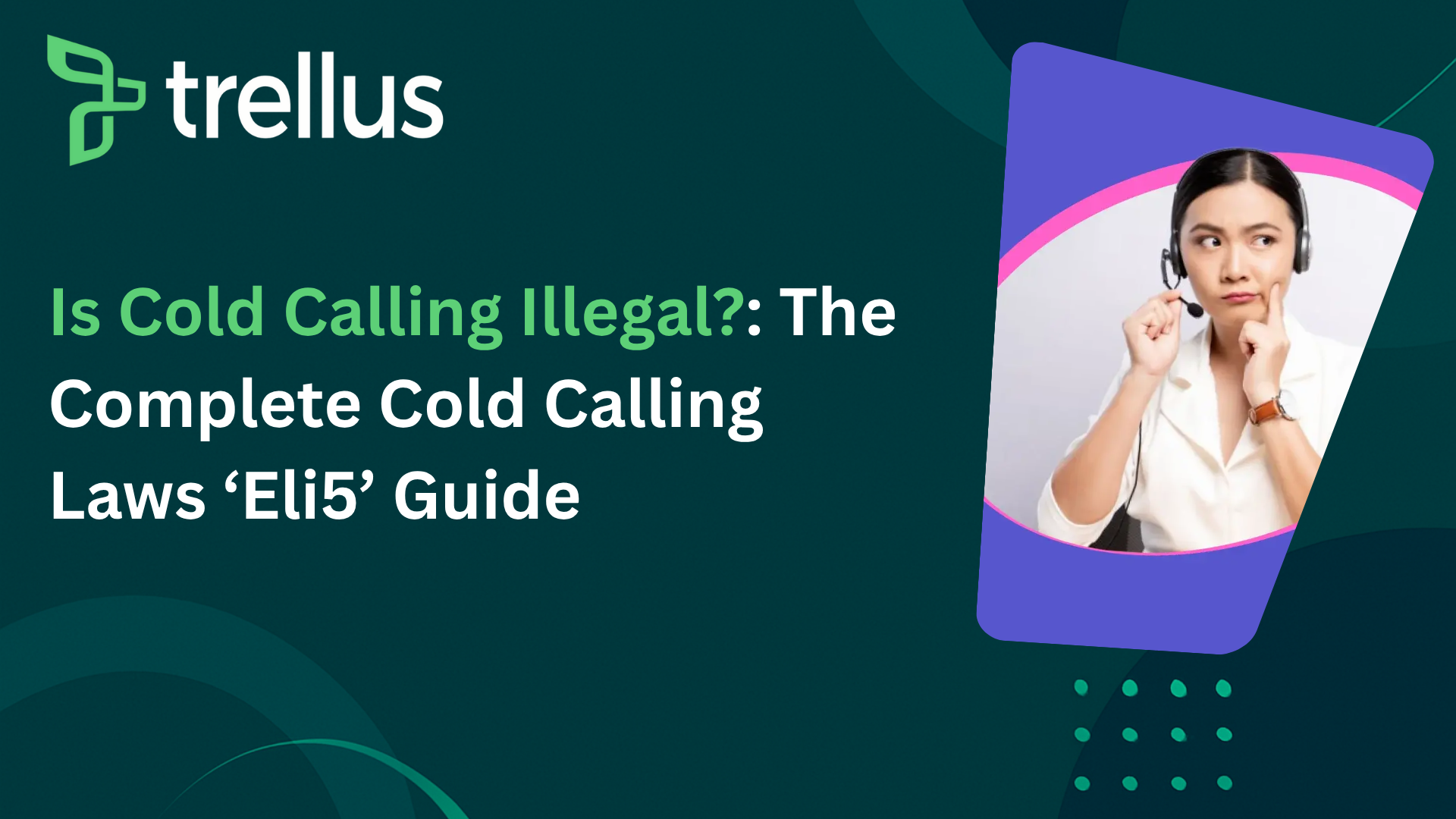
Our Top Picks


Ask any sales rep who's ever cold-called a stranger during peak hours, or an important ongoing meeting—cold calling can get awkward fast.
Alternatively, that would be more of a “rare” scenario these days because cold callers are normally connected with gatekeepers who forward calls or set up appointments with the potential decision makers, later.
However, in either case, both individuals are busy, and gatekeepers are trained enough to sniff a cold caller from over a mile.
That’s the reality, and there’s nothing to be afraid of. It’s the tactic that matters, and that human element that we have talked about in some of our posts for you guys.
Also Read:
- Best Sales Cold Calling Scripts to Grab Attention in Seconds
- Inside Sales Cold Calling: Strategies That Work
Moving on, for some, it feels like a lost cause in the modern era of email, automation, and AI. For others, it’s still one of the most direct and effective ways to connect with leads.
But there’s a question that keeps circling sales floors and marketing Slack channels alike: Is cold calling against the law now?
To be clear, cold calling is still very much legal.
But the rules around it are more regulated than ever before—and for good reason. If you’re not keeping up with cold calling laws, you’re putting yourself, your company, and your reputation at risk. And no, ignorance won’t protect you from those five-figure fines.
Here’s everything you need to understand what is cold calling, how the legalities work, what the meaning of cold calls is today, and how technology—from the best cold calling software to an AI cold caller—fits into the modern landscape.
What Is Cold Calling Meaning in Today’s Sales World?
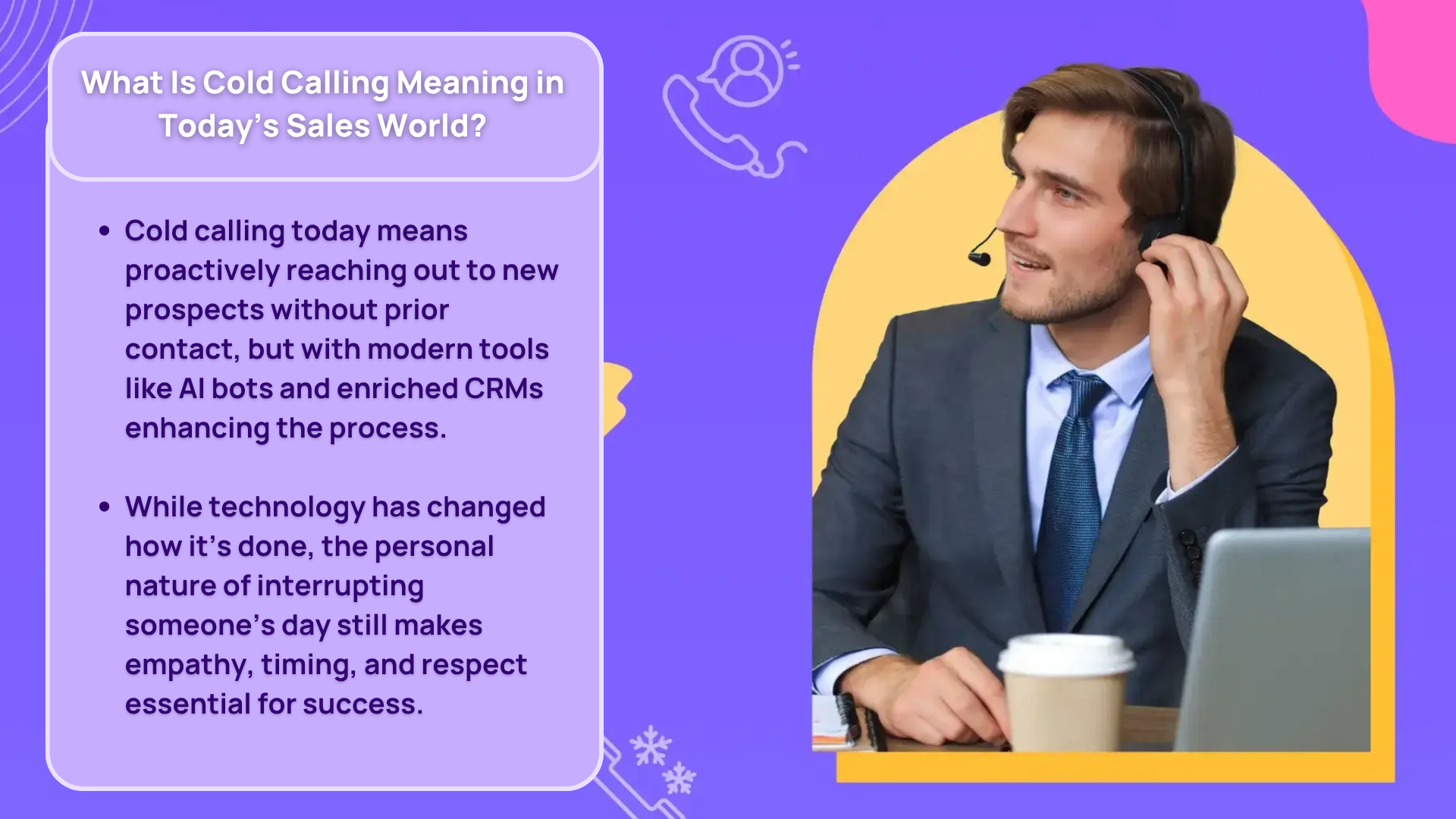
At its core, cold calling means reaching out to someone you’ve never spoken with before to sell them a product or service.
It's outbound, proactive, and, when done wrong, wildly irritating. But when done well, it opens doors that emails and ads simply can’t.
The meaning of cold calls has evolved. It’s no longer just about dialing numbers from a phone book with a script in hand. Today, sales reps have access to cold calling tools, data-enriched CRMs, and even AI call bots free of human emotion to make initial contact.
But even with all that help, one thing remains true: cold calling is personal. You’re interrupting someone’s day, and that carries weight. Respecting that space is part of being effective—and staying on the right side of the law.
Is Cold Calling Against the Law in the U.S.?
No, it’s not illegal to cold call in the United States—but there are very specific cold calling laws that dictate how, when, and to whom you can make those calls.
Failing to follow these regulations can result in hefty penalties, some reaching over $50,000 per violation.
So, while the act itself isn’t banned, the way you do it is heavily governed. That’s why understanding what is coldcalling legally means is just as important as understanding how to do it effectively.
The U.S. Do Not Call Registry: What Every Telemarketer Should Know
One of the most significant regulations impacting cold calling is the National Do Not Call Registry.
It’s a federal list where consumers can opt out of receiving unsolicited sales calls. As of last year, there were over 249 million numbers registered—which should tell you something about how most people feel about being cold called.
Telemarketers are legally required to scrub their call lists against this registry. If you call someone on the list without their permission, you could face fines from the FTC. It’s not a gray area—it’s black and white.
And if you’re managing a calling campaign, the registry isn’t something you check once and forget. It needs to be monitored regularly to stay compliant.
What Is the Telephone Consumer Protection Act (TCPA)?
.png)
The Telephone Consumer Protection Act, or TCPA, is a cornerstone of U.S. cold calling laws. Enforced by the FCC, it was created to protect consumers from aggressive telemarketing practices—everything from excessive phone calls to robocalls and spam texts.
Some of the TCPA’s key provisions include:
- You must have prior express written consent before using auto-dialers or leaving pre-recorded voice messages.
- You cannot call residences before 8 AM or after 9 PM local time.
- You must always honor the Do Not Call list.
- You cannot use automated dialing systems (ATDS) to contact cell phones without consent.
If you violate any of these rules—even unintentionally—you could be fined $500 per call. If you knowingly break them, that jumps up to $1,500 per call. And if you mix in auto-dialing violations? That could escalate to $2,500 per infraction.
This is exactly why compliance needs to be baked into your sales process, not added as an afterthought.
The Telemarketing Sales Rule (TSR): Your Compliance Blueprint
The Telemarketing Sales Rule (TSR) was introduced by the Federal Trade Commission to further reinforce ethical sales outreach. It focuses heavily on deception, misrepresentation, and accountability.
Unlike the TCPA, which governs the technical and privacy aspects of cold calling, the TSR digs into sales ethics—what you say, how you say it, and what information must be disclosed to consumers.
The TSR requires:
- Clear identification of the seller and the purpose of the call.
- Transparency around price, conditions, and refund policies.
- A mandatory opt-out option for any future communication.
- A ban on deceptive or high-pressure tactics.
If you’re managing a calling team or looking to hire a cold caller, make sure everyone is trained on the TSR—not just the TCPA.
Cold Calling Laws Outside the U.S.: Why International Compliance Matters
The U.S. might be where you’re headquartered, but the moment your reps start calling overseas, the legal landscape shifts dramatically.
Let’s look at how cold calling is perceived in other major regions:
Europe
Under GDPR, unsolicited calls are highly restricted. You must have a legitimate interest, and in many cases, explicit consent to reach out. Cold calling here is legal, but far less welcome—and far more regulated—than in the U.S.
Asia-Pacific
In countries like Japan, Singapore, and South Korea, consent and privacy are paramount. If you’re planning outreach in this region, it’s critical to understand local data protection laws first.
Canada
Canada’s National Do Not Call List mirrors the U.S. in many ways but also includes strict record-keeping requirements. CASL (Canada’s Anti-Spam Law) extends to telemarketing and requires businesses to demonstrate that their calls meet legal standards.
Latin America
In this region, cold calling is more accepted, but still subject to regulations around consent and disclosure. Always check each country’s unique laws before launching an outbound campaign.
AI Cold Caller Technology: Is It Legal?
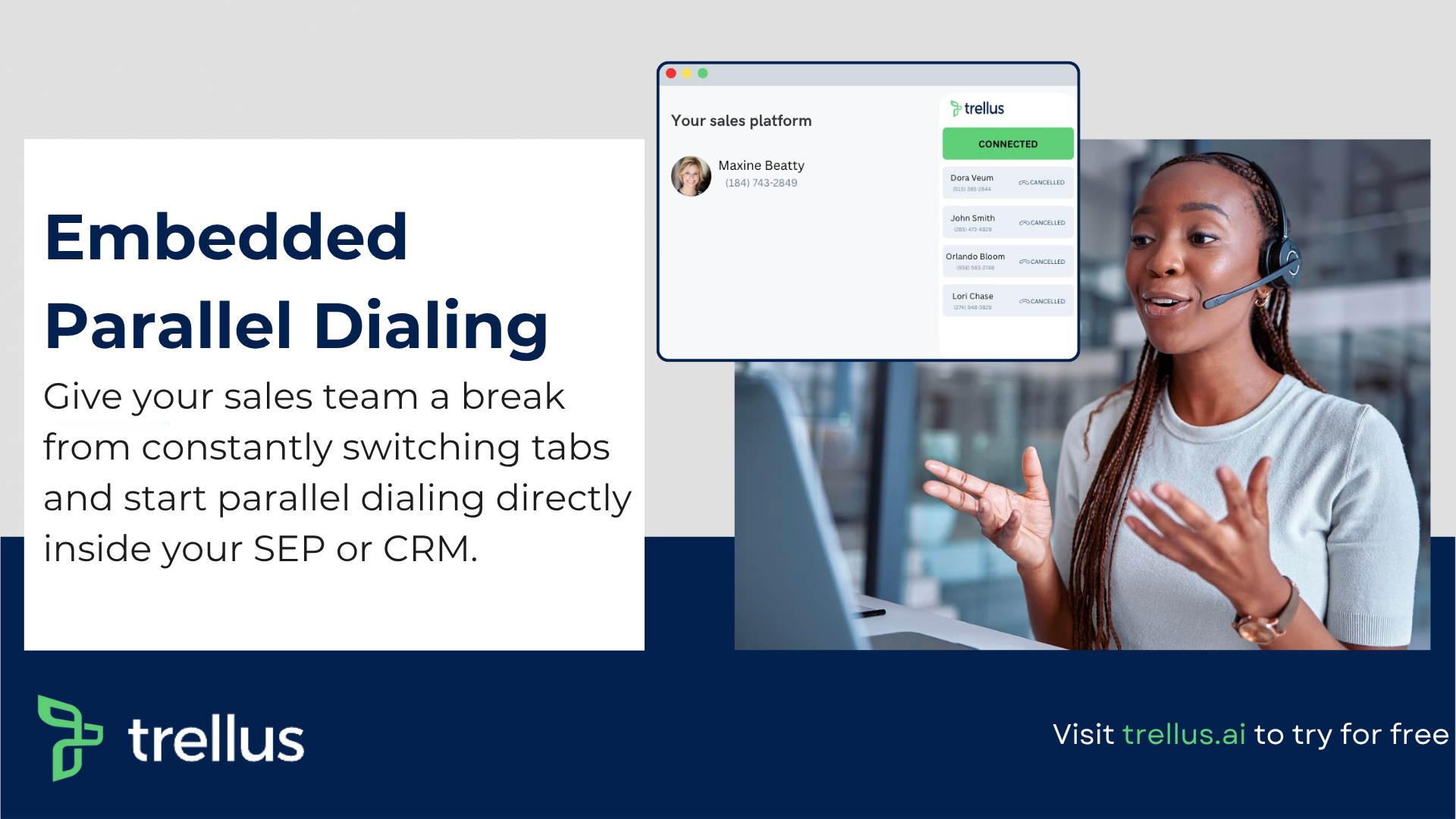
Yes, an AI cold caller—like a voice bot making automated calls—is legal under specific conditions. However, it must comply with both TCPA and TSR regulations, and that includes:
- Gaining prior express consent before engaging.
- Clearly identifying itself as an AI and disclosing that it’s not a human.
- Offering an opt-out option at the beginning of the call.
AI-driven tools can make cold calling easier, but they’re not immune to legal oversight. In fact, improper use of an AI call bot free of real-time supervision can actually increase legal risks if not set up correctly.
What Are the Best Cold Calling Software & Tools in 2025?
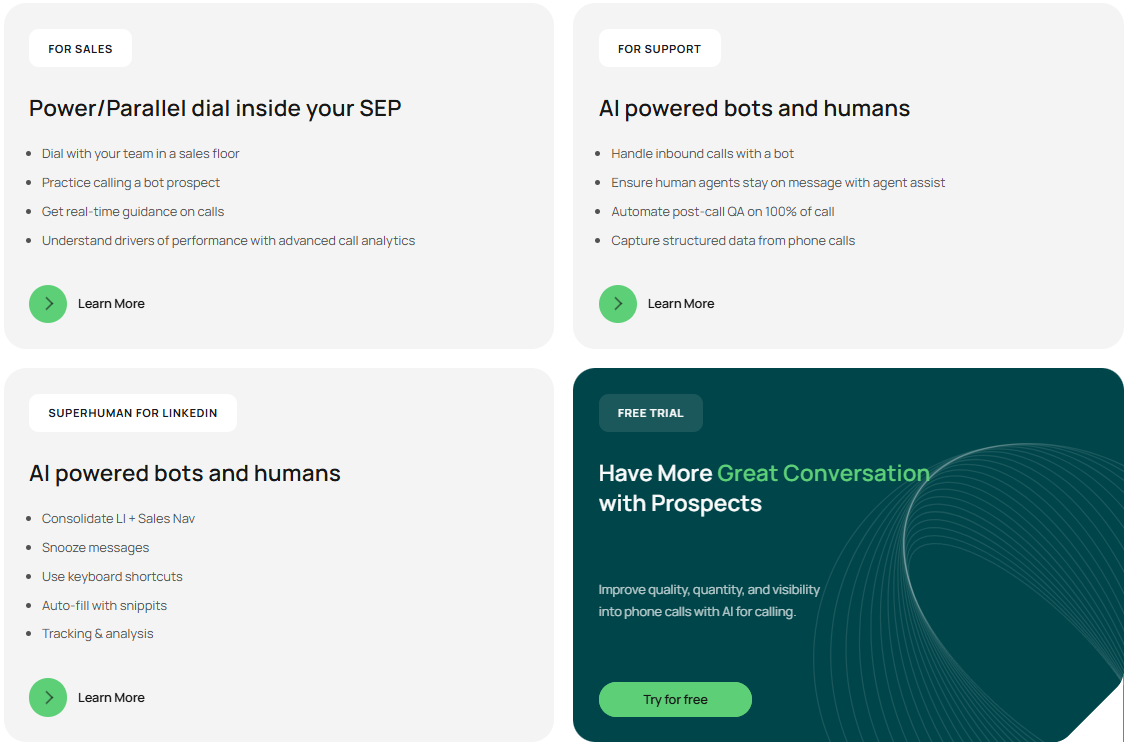
Modern cold calling doesn’t need to be old-school. There are dozens of cold calling tools that help teams track calls, maintain compliance, and even automate routine outreach tasks.
Some of the best cold calling software options offer features like:
- Real-time Do Not Call (DNC) scrubbing
- Call recording and storage for audits
- Local presence dialing (to increase answer rates)
- CRM integrations for lead management
- AI-powered call transcription and analysis
If your goal is to keep things legal and scalable, investing in professional-grade tools is a no-brainer.
Best Practices to Cold Call Legally and Successfully
Knowing the law is only half the battle. The rest is about etiquette, timing, and delivering value. Whether you’re a solo sales rep or managing a full outbound team, these principles matter:
Always identify yourself. Transparency builds trust. Make it clear who you are, what company you represent, and why you’re calling.
Respect call times. Stick to legal hours: 8 AM to 9 PM local time. Anything outside of that isn’t just rude—it could be illegal.
Avoid high-pressure sales tactics. Nobody likes being strong-armed into a purchase. It rarely works and increases the risk of complaints.
Train your team. If you’re planning to hire a cold caller, make sure they’ve been trained on TCPA, TSR, and industry best practices.
Keep records. Document consent, track call logs, and store compliance records in case of an audit or complaint.
B2B vs. B2C Cold Calling: Legal Considerations and Etiquette
Both B2B and B2C calls fall under cold calling laws, but the nuances vary.
- Target decision-makers—research who they are first.
- Focus on value: speak to business impact, not just features.
- Be persistent but professional—follow-up matters more than flashy pitches.
B2C Cold Calling Tips:
- Keep it personal and friendly.
- Get to the point quickly—respect people’s time.
- Offer clear opt-outs and be honest about costs, terms, or product limitations.
Regardless of the audience, the key is always clarity, consent, and respect.
Can You Really Hire a Cold Caller Without Legal Risk?
Plenty of companies look to hire a cold caller as a freelancer or through an agency.
While this is a viable option, make sure whoever you bring on board understands the legal obligations that come with the role.
Require proof of compliance training, and insist on regular reviews of their scripts and outreach strategies. Outsourcing cold calls doesn't mean outsourcing responsibility.
Cold Calling Is Alive—But Only If It's Legal
The rumors are false: cold calling isn’t dead, and it certainly isn’t illegal. But make no mistake—cold calling laws are tightening, and the days of winging it with a list and a headset are long gone.
Whether you’re using the best cold calling software, experimenting with an AI cold caller, or just trying to make your 100 dials a day, staying informed is your best defense.
Make every call count—not just for conversion, but for compliance, too.
Frequently Asked Questions
Is cold calling against the law, or just heavily regulated?
Cold calling isn’t illegal by default, but it is subject to very specific legal rules—especially in countries like the United States, Canada, and across Europe.
Particularly speaking about the U.S., many regulations, such as the Telephone Consumer Protection Act (TCPA) and the Telemarketing Sales Rule (TSR), define how, when, and to whom cold calls can be made.
These laws focus on obtaining prior consent, honoring the Do Not Call Registry, and avoiding robocalls without permission.
So, while the practice of cold calling is legal, ignoring the legal framework surrounding it can lead to serious consequences, including fines. That’s why it’s essential to understand cold calling laws thoroughly before reaching out to new contacts.
Can AI cold callers legally make sales calls without breaking privacy laws?
AI cold callers are becoming increasingly popular, especially in larger outbound sales teams.
But while an AI call bot free of human emotion might help streamline outreach, it’s not exempt from legal boundaries. Calls made by AI systems still fall under the TCPA, which means prior express consent is required for most automated outreach.
Moreover, these systems must identify themselves clearly, avoid using misleading caller IDs, and provide an opt-out option to the recipient. So yes, AI-driven calling can be legal—but only if set up to respect consumer rights and privacy regulations from the very beginning.
What should I know before I hire a cold caller or outsource cold calling?
Outsourcing cold calling can be efficient, but it comes with shared responsibility.
Regardless of whether you hire a cold caller through a platform or an agency, it's important to ensure they’re trained in the relevant compliance rules and understand ethical sales practices.
They should also be equipped with proper cold calling tools and possibly the best cold calling software to manage outreach lawfully. Always clarify expectations, provide legal briefings, and confirm that consent processes and call logs are being handled correctly.
After all, legal responsibility doesn’t disappear just because someone else is making the calls on your behalf.


